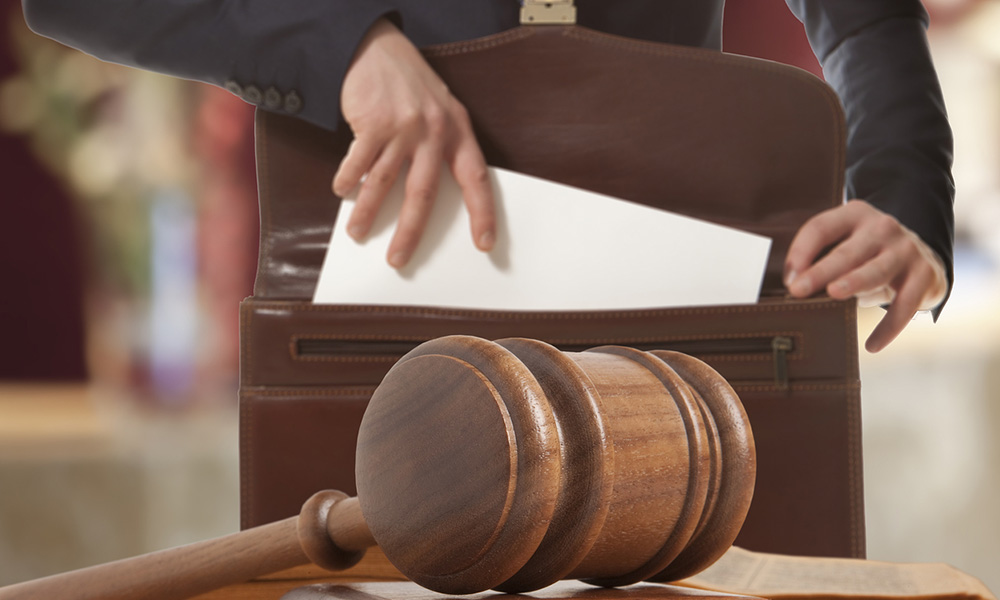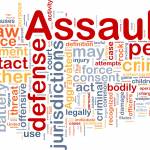Going through an arrest can be a confusing and nerve-wracking situation. Finding the right balance between preserving your rights and cooperating with the police can be difficult. You may have several questions about the process and how it will affect your case.
Am I saying too much?
If you are talking to the police without a lawyer present, the answer is yes! Remember that anything you say, even if you are on the phone or speaking to another inmate, can be used in the case against you. There is a vast difference between cooperating with police (by doing the things they ask, such as sitting in the squad car, not resisting) and answering all of their questions. Staying silent is not the same as not cooperating. Make sure you let them know right away that you’d like a lawyer.
My case doesn’t seem like a big deal. Do I really need a lawyer?
Navigating New York State’s complex laws and court system is best left to the professionals. If you try to represent yourself, it is likely you will overlook some of your rights, not be familiar with the laws and how they are applied, and most of all, many prosecutors are reluctant to strike plea deals with individuals that represent themselves.
You might not think your case is a big deal now, but what about your future?
A criminal record could affect your job or future credentials that you hope to earn. Proper representation is vital—for the moment you’re in—and your future.
Why shouldn’t I use a public defender?
Public defenders are attorneys who are appointed by the courts when a person accused of a criminal offense cannot provide his or her own legal counsel. Generally, public defenders are state or government employees on the same payroll as prosecutors, but exist as a separate and distinct entity within government court systems. In some instances, when a public defender’s office has too many cases and not enough attorneys, an attorney in private practice can be ordered by the court to represent a criminal defendant free of charge.
Make no mistake about it, there are many public defenders who take their jobs seriously and try very hard to win acquittals for all of the clients that they are appointed, but no system is without its faults.
Public defenders in general have a bad reputation because of how frequently they will recommend that their clients take a plea deal instead of go to trial. Often times, this advice is given because it would be the quickest way to resolve the matter in the courts, and public defenders who are able to clear up court backlogs the fastest generally have the greatest opportunity for career advancement than those that take significant amounts of time to handle cases.
Due to how crowded many court systems are in New York, voluntarily allowing a public defender to represent your case is like going out and looking for an attorney with little to no time to focus on and dedicate to your case. While a public defender might be free, the old adage about getting what you pay for could not be more appropriate to this discussion. Considering everything that you have on the line when you are accused of a criminal offense in New York, choosing an attorney just because he or she is the most affordable is never a good way to select your legal counsel.
Instead of leaving your future and freedom in the hands of a public defender, you should seriously consider partnering with an experienced New York criminal defense attorney for any and all criminal charges which you might be facing in New York. An experienced criminal defense attorney will work on your behalf to argue your innocence and present a competent defense.
Statistically, individuals who face criminal charges in New York with the help of an attorney are more likely to arrive at a relatively favorable consequence at the end of a criminal matter than individuals who try to represent themselves.
When should I contact a lawyer?
Request an aggressive criminal lawyer right away. By doing so you are protecting yourself and not doing any damage to your case. Hire a criminal defense lawyer with experience in what you’ve been charged with. Check their educational background. Inquire about fees.
Unless a person is caught in the act of an offense, the police will conduct a formal investigation before making the determination that enough evidence exists against a person to charge the person with a crime. Throughout the investigation, the police may want to speak to several people in order to gather evidence. Despite what many people think, nobody is required to speak to police, under any circumstances, regarding a suspected offense. Whether the person they speak to is a witness, victim, or suspect, the law allows anyone and everyone to enjoy the right to remain silent in the face of police questioning.
In an instance where the police want to talk to a person before formal charges have been filed or an arrest made, that person has three options: talk to the police (not recommended), refer the police to a private attorney, or refuse to answer police questions at all.
Prior to an arrest being made and charges being filed, the state is under no obligation to provide legal counsel. This means that legal counsel can’t be requested simply because the police are having contact with someone, the person must be officially arrested and charged before a criminal lawyer can be secured at the state’s expense. Again, however, this does not prevent a person from referring police investigators to a privately secured criminal lawyer.
Once a person has been arrested, the police may wish to question the suspect. A suspect in this case has the right to remain silent, to request legal counsel, and to refuse to answer any questions until legal counsel has been obtained.
If an interview has already started without a criminal lawyer present, the suspect has the right to terminate the interview at any time, for any reason, and does not have to explain or justify his or her reason to police.
A good rule of thumb when dealing with police is, when in doubt, stay quiet, and request a lawyer.
Who should I call?
The Mirsky Law Firm has the experience and expertise you need to make certain your case is looked at fairly. We serve the Long Island, New York, Mineola, Suffolk and Nassau Counties area. Need help? Have questions? Give us a call today!











Comments are closed.